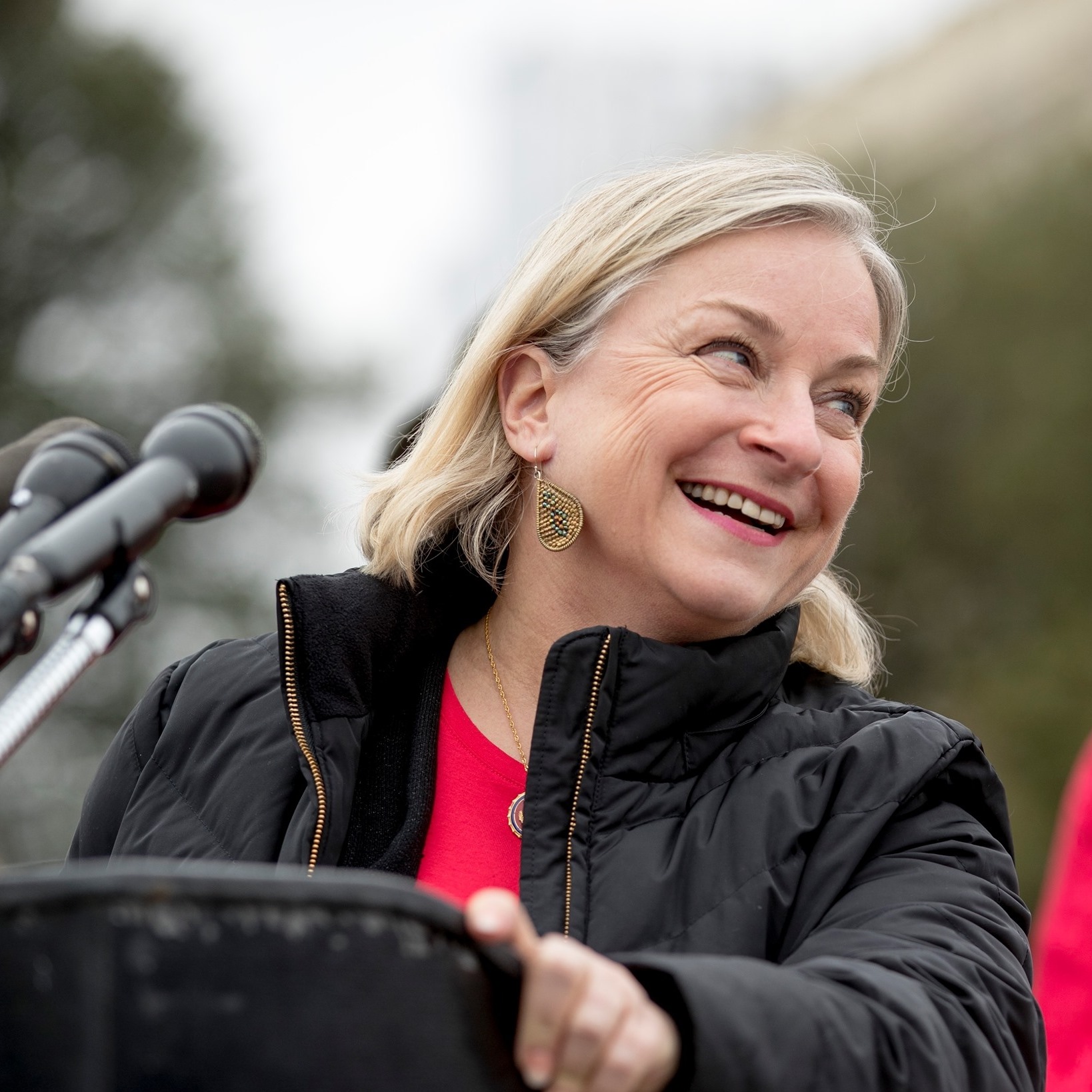BROOKS: Wild’s Speech Is an Unprecedented Attack on a Scholar

From Winston Churchill’s Iron Curtain speech to Lyndon Johnson’s Great Society speech, notable leaders have employed university podiums to communicate ideas, to inspire or to warn us. Most use the opportunity to encourage a society falling on hard times, while some of our current leaders are instead failing in hard times.
On May 15, U.S. Rep. Susan Wild delivered the George Washington Law School’s 2022 commencement. She chose this moment to attack a one of the prestigious school’s renowned professors. Though Wild did not state his name, anyone who follows Beltway legal matters knew she was referring to Professor Jonathan Turley. Wild conceded Turley “is without question well versed in constitutional law”. She then claimed that Turley had taken to “cable news and social media . . . [,] undermining his own past well-documented scholarship”.
What triggered her ire? Turley, a recognized authority on impeachment law, testified at both Bill Clinton’s impeachment hearing (1998) and Donald Trump’s (2019), and Wild found displeasure in Turley’s legal interpretations.
Dipping her toes into the cesspool of the partisan hatedom without diving in head-first, Wild claimed: “A law professor who at one time strenuously advocated that a president need not commit an indictable offense to be impeached, just this past year argued the opposite for a president more to his liking. A president no less who instigated an insurrection and a bloody assault on our democratic process and the rule of law.”
According to Turley’s Trump impeachment hearings testimony, not only did the professor vote for Presidents Clinton and Obama; he also voted against Trump in 2016 and has been publicly critical of Trump’s “policies, and his rhetoric, in dozens of columns.”
As Turley put it, “one can oppose President Trump’s policies or actions but still conclude that the current legal case for impeachment is not just woefully inadequate, but in some respects, dangerous, as the basis for the impeachment of an American president. To put it simply, I hold no brief for President Trump.” Turley continued, “We have never impeached a president solely or even largely on the basis of a non-criminal abuse of power allegation.”
The important point that Wild’s rationale seems to exclude is that Bill Clinton committed perjury, a felony. As articles for the Clinton impeachment state, our 42nd president “willfully provided perjurious, false and misleading testimony to the grand jury.” Sex was the cause for Clinton to lie but was not the legal grounds for impeachment.
Wild’s talk stands out for doing something other commencement speeches by governmental leaders did not. No other attacked a faculty member of the institution at which the speaker was speaking. Sure, other speakers have taken digs at other politicians. But Wild – a guest – dedicated over a minute to bashing Turley at the professor’s workplace, unduly politicizing and detracting from an otherwise inspiring speech.
Wild’s speech started in the same manner as George W. Bush’s 2001 Yale commencement speech, where he joked: “Those of you who are graduating this afternoon with high honors, awards, and distinctions, I say well done. And, to the C students, I say, you too can be president.” Wild’s academic record at law school seems to have fit the same, as her “grades in law school were decent, but were nothing that were going to open doors for me.” Humble, and her rise despite that can be an inspiration, as could be Bush’s more self-deprecating quip.
If one juxtaposes the humanity of a speech like Bush’s to Wild’s gratuitous dig at Turley, one should see the point even more. Indeed, the more memorable commencement speeches are both uplifting and informative. Some use a sentence or two to point out a political opponent’s gaffs. But spending paragraphs to attack the intellectually defensible position of a seasoned scholar is out of bounds. As an attorney, Wild should realize that a corruption or bending of truth is hardly a desired outcome.
Please follow DVJournal on social media: Twitter@DVJournal or Facebook.com/DelawareValleyJournal



